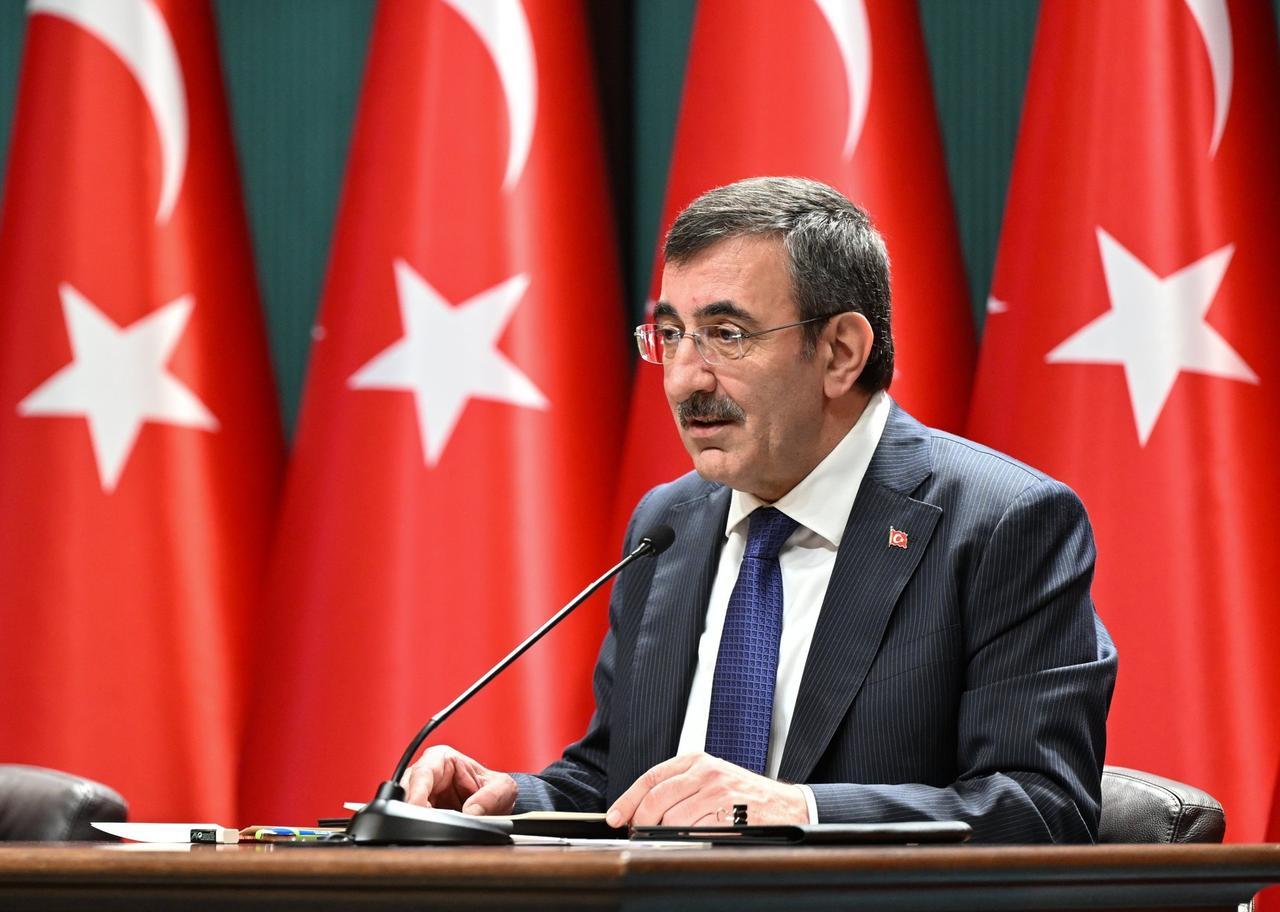
Turkish Vice President Cevdet Yilmaz welcomed the cease-fire agreement between Iran and Israel, stating that escalating geopolitical tensions in the region have begun to decrease while emphasizing Turkiye's continued commitment to regional stability and the Palestinian cause.
Yilmaz said in a social media statement that Israel's attacks on Iran, which disregarded international law, had escalated geopolitical tensions in the region but have begun to decrease with the cease-fire achieved as of today.
"Israel's attacks on Iran, which disregarded international law, escalated geopolitical tensions in our region, but these have begun to decrease with the ceasefire achieved today," Yilmaz stated.
"This development will be positive in terms of reducing humanitarian and environmental risks as well as economic impacts," he added.
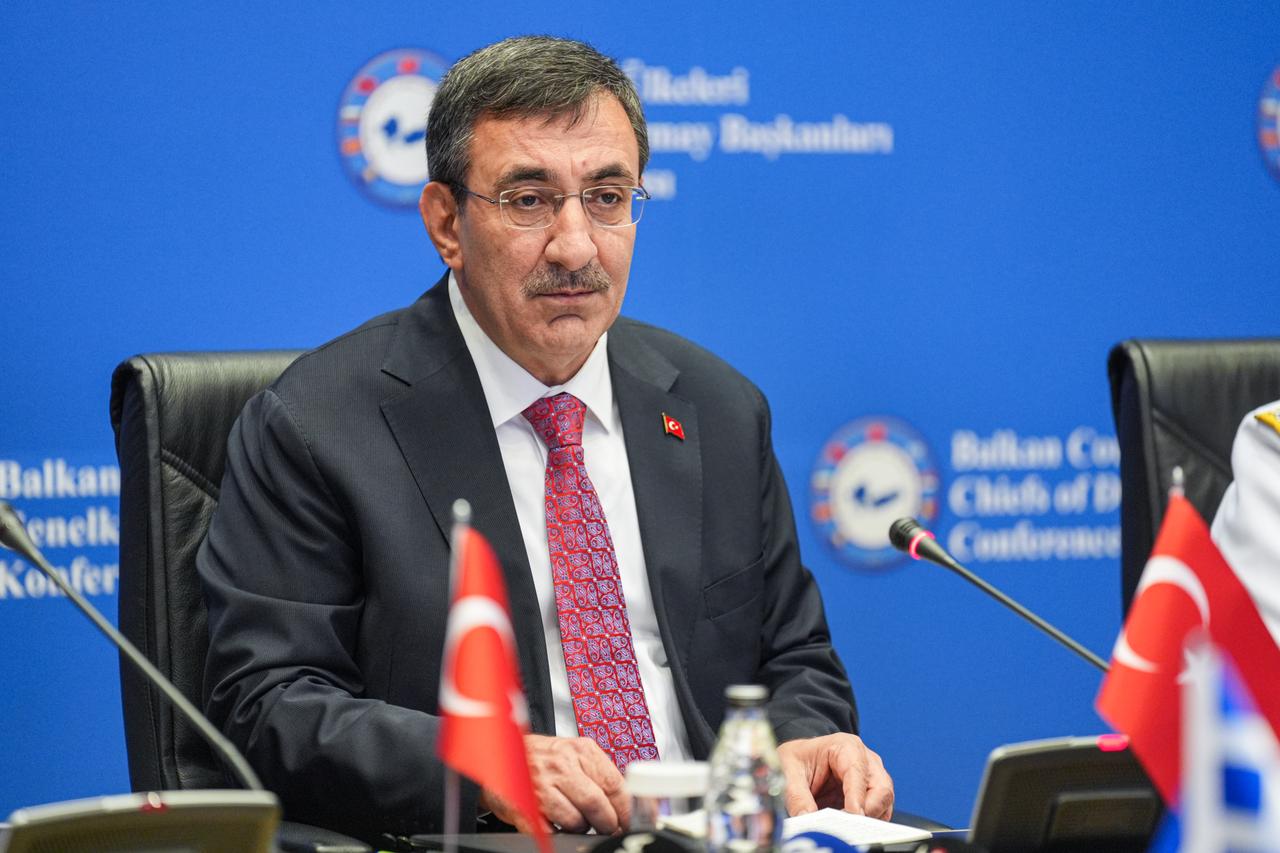
The vice president emphasized that the region's real need is the establishment of just and lasting peace for everyone.
"However, the real need of the region is the establishment of a just and lasting peace for everyone. The path to this passes through the Palestinian people, who are faced with occupation and destruction policies, achieving peaceful environment and living conditions worthy of human dignity, especially in Gaza," Yilmaz said.
Yilmaz also noted Ankara's position as an effective power and diplomacy center under President Recep Tayyip Erdogan's leadership.
"Türkiye, as an effective power and diplomacy center, under the experienced and resolute leadership of our President Recep Tayyip Erdogan, will continue to strengthen its internal front and defend stability and justice at regional and global levels, especially regarding the Palestinian cause," he stated.
U.S. President Donald Trump voiced displeasure with both Israel and Iran, saying both countries violated the cease-fire agreement he announced.
"Israel, as soon as we made the deal, they came out and they dropped a load of bombs, the likes of which I've never seen before, the biggest load that we've seen," Trump told reporters at the White House before departing for the NATO summit in The Hague, Netherlands.
"We basically have two countries that have been fighting so long and so hard that they don't know what they're doing," Trump said, noting that he needs to get Israel to "calm down."
Trump also commented on the U.S. bombing of three key Iranian nuclear facilities at Fordo, Natanz, and Isfahan on Sunday.
"Iran will never rebuild its nuclear (weapon) from there, absolutely not. That place is under rock. That place is demolished," Trump said.
The president praised the role of B-2 stealth bomber pilots, saying: "The B-2 pilots did their job. They did it better than anybody could even imagine."
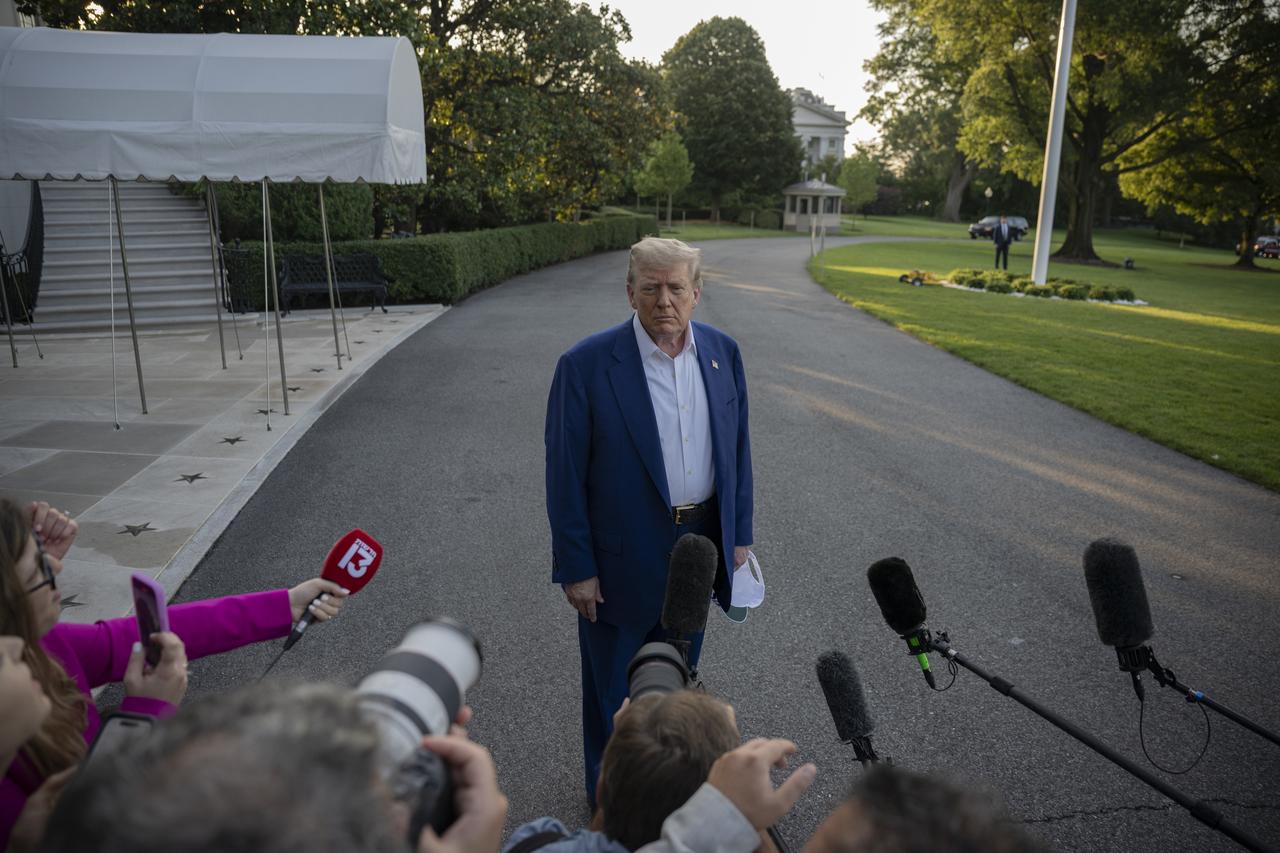
Russian Foreign Minister Sergey Lavrov welcomed the cease-fire announcement but expressed doubt about its durability during an address at the 11th Primakov Readings International Forum in Moscow.
"As for the announcements that have been coming out of Washington, Israel, and Tehran, it is very difficult for us to make any final conclusions and get a clear picture, because President Trump has announced that peace is forever and ever, there is an agreement," Lavrov said.
"But after its announcement, there were reports of an exchange of blows between Israel and Iran, so let us not make any hasty conclusions based on fragmentary information. But we are for peace," Lavrov added.
Kremlin spokesman Dmitry Peskov commented: "If it really was possible to reach a ceasefire, then this can only be welcomed. Yes, this can and should be welcomed, and we hope that this will be a sustainable ceasefire."
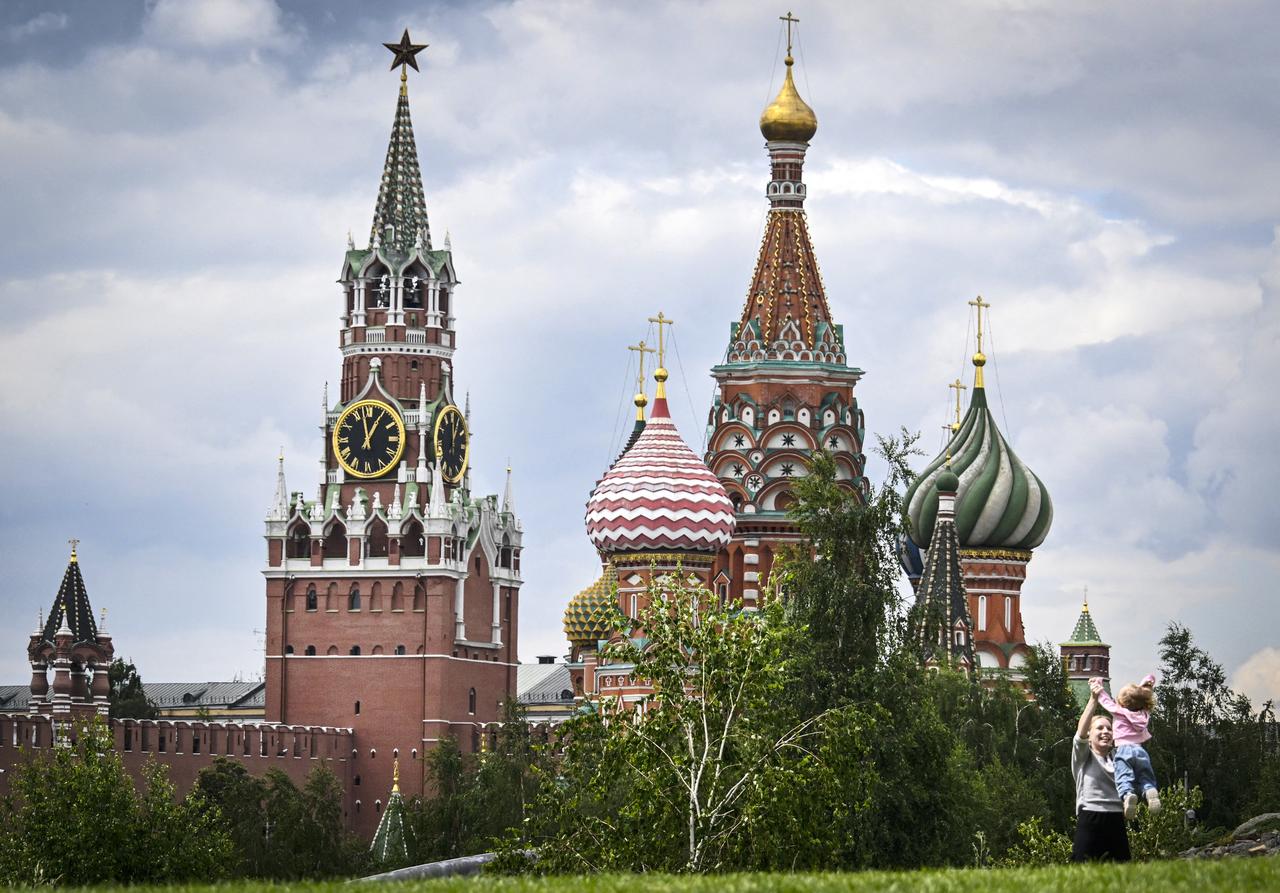
EU foreign policy chief Kaja Kallas urged Israel and Iran to avoid further escalation following the cease-fire announcement.
"The announced reprieve in fighting between Israel and Iran is good news but remains fragile. All sides should stand by this and refrain from further violence. All further escalation must be avoided," Kallas wrote on X.
She expressed the EU's solidarity with all affected, including Qatar, where Iran launched retaliatory strikes on a US airbase on Monday.
"This is the moment to return to the negotiating table. Let this be a turning point for the whole region. I will continue to work towards this end with all sides," Kallas added.
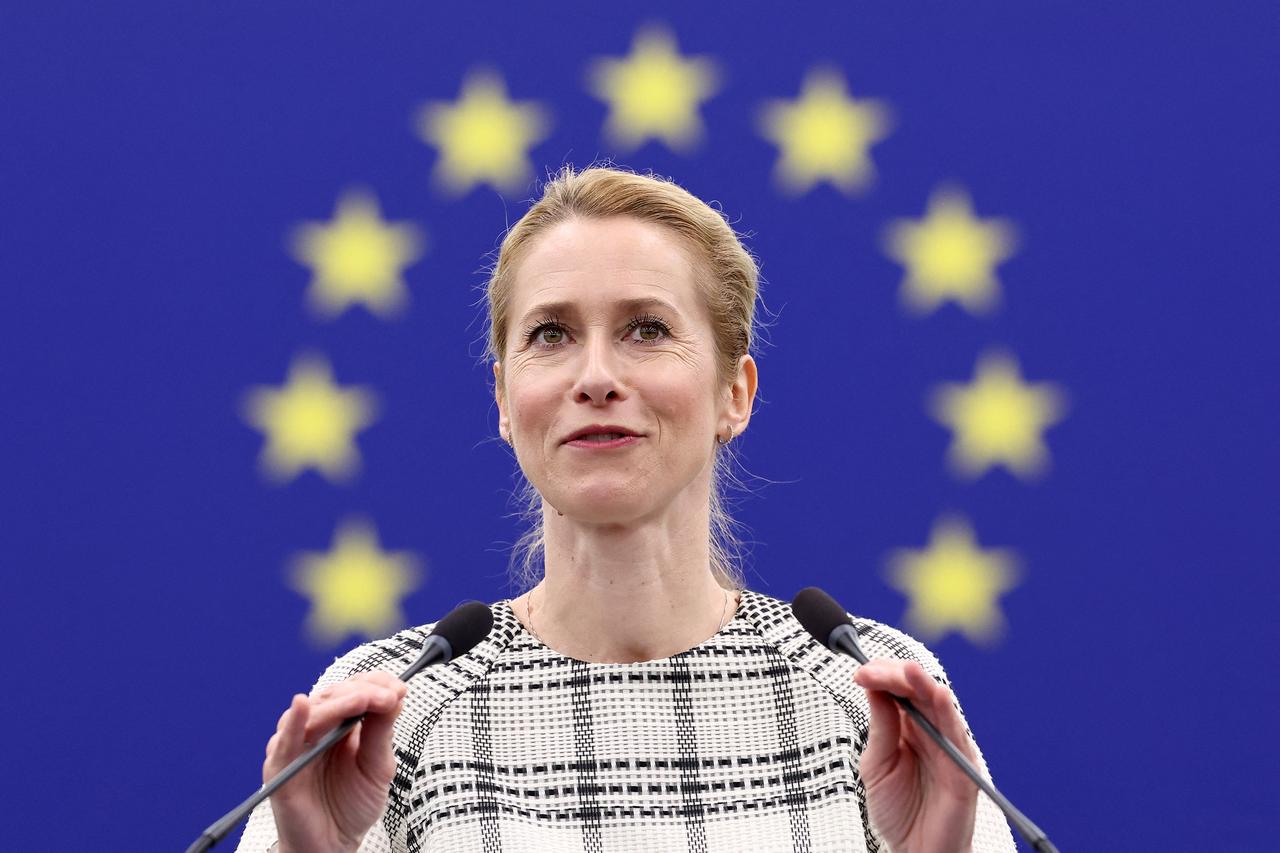
The attacks came as the latest escalation in an Israeli military assault on Iran since June 13, prompting Tehran to launch retaliatory attacks on Israel.
On Monday, Iran launched a barrage of missiles at the U.S. military's Al-Udeid Air Base in Qatar, marking a dramatic escalation in tensions following US strikes on three Iranian nuclear sites on Sunday.
The attacks came as part of a U.S.-backed Israeli military assault on Iran that began on June 13 and prompted Tehran to launch retaliatory attacks on Israel.
Following the U.S. strikes, Iran called on the U.N. Security Council to hold an emergency meeting to condemn the U.S. aggression and to hold accountable those who violate international law. According to Israeli figures, at least 29 people have been killed and hundreds injured in Iranian missile attacks.
Meanwhile, in Iran, at least 606 people have been killed and 5,332 others injured in Israeli attacks in Iran since June 13, the Iranian Health Ministry said.